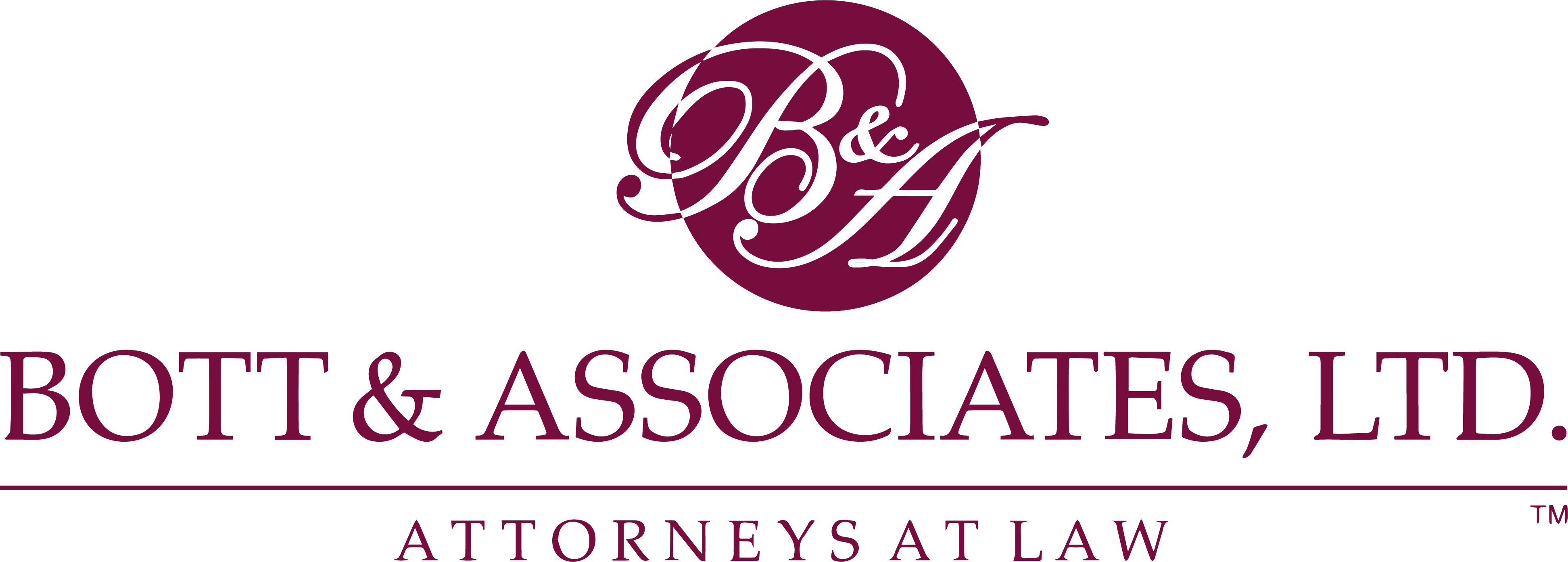
Many people make the mistake of thinking that estate planning simply means writing a will, and so neglect one of the most important pieces of legal protection: The Power of Attorney. These documents ensure that one’s wishes are carried out effectively, even in unforeseen circumstances. Your health care or financial Power of Attorney stands out as a cornerstone, offering invaluable protection and control over critical decisions when individuals are unable to act on their own behalf.
Our friends from Marty Martin Bankruptcy Law explain some of the reasons why your Power of Attorney is so important and how it protects you when you cannot advocate for yourself.
Understanding Powers Of Attorney
A Power of Attorney (POA) is a legal document that grants authority to another person, known as the agent or attorney-in-fact, to make decisions on behalf of the principal, the individual who creates the document. This authority can encompass a wide range of matters, including financial, healthcare, and legal decisions. The scope and duration of the POA can be tailored to meet the specific needs and preferences of the principal.
Usually, a POA is drafted by an estate probate lawyer, tailored to your specific circumstances, and accounting for your personal wishes.
Financial Management And Decision-Making
One of the primary functions of a financial Power of Attorney is to designate someone to manage financial affairs in the event of the principal’s incapacity. This can involve tasks such as paying bills, managing investments, accessing bank accounts, and making financial decisions on behalf of the principal. Without a valid POA in place, loved ones may face significant challenges in accessing and managing the principal’s assets, leading to delays, confusion, and potential financial hardship.
Healthcare Decision-Making And Advocacy
A healthcare Power of Attorney, also known as a healthcare proxy or medical POA, empowers a trusted individual to make medical decisions on behalf of the principal if they become incapacitated and unable to communicate their wishes. This includes decisions regarding medical treatment, procedures, and end-of-life care. By appointing a healthcare agent through a POA, individuals ensure that their medical preferences are honored and that someone they trust will advocate for their best interests during times of medical crisis.
Protection Against Guardianship Proceedings
Without a valid Power of Attorney in place, individuals who become incapacitated may be subject to guardianship proceedings, in which a court appoints a guardian to make decisions on their behalf. While guardianship can provide necessary protection for incapacitated individuals, it also involves a legal process that can be time-consuming, expensive, and emotionally taxing for all parties involved. By proactively executing a Power of Attorney, individuals can avoid the need for guardianship and retain greater control over who will manage their affairs if they are unable to do so themselves.
Planning For The Unexpected
Perhaps the most compelling reason to create Powers of Attorney as part of estate planning is the unpredictable nature of life itself. Accidents, illnesses, and unexpected events can occur at any time, leaving individuals incapacitated and unable to manage their affairs.
By taking proactive steps to designate trusted agents through Powers of Attorney, individuals gain peace of mind knowing that their interests will be protected and their wishes respected, even in the face of adversity.

